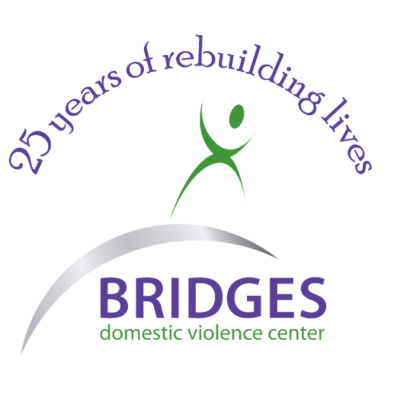It is not uncommon for someone to find themselves in an abusive relationship and wonder how in the world they got there. Knowing the warning signs or “red flags” before you begin a relationship can help you avoid such a situation.
Let’s discuss some of the most common warning signs you should be aware of in the future.
What Are The Most Common Domestic Violence Red Flags?
Domestic violence is when one person in a relationship uses coercive control tactics to exert power over the other.
That control can be through:
- Emotional abuse and manipulation
- Physical violence, either once or repeatedly
- Stalking or monitoring daily activities
- Controlling the victim’s money or sabotaging their employment
- Harming or threatening to harm their children
- Sexual violence
Abusers display common behaviors, whether male or female, a life partner or a casual date, a friend or a close family member.
How Can I See The Warning Signs For Someone Else?
You may be concerned for someone other than yourself. Here are some questions you can ask yourself to help you determine if there is an abusive situation evolving:
- Does their partner put them down in front of other people?
- Are they constantly worried about making their partner angry or fearful of how they may react?
- Do they make excuses for their partner’s behavior or worry that their partner is extremely jealous and possessive?
- Have you noticed unexplained bruises, marks, or injuries?
- Have they stopped spending time with friends and family?
- Are they depressed or anxious, or have you seen changes in their personality?
The National Domestic Violence Hotline is available 24/7/365 at 1-800-799-SAFE (7233) or 1-800-787-3224 for TTY. Live online chat services are available daily from 7:00 a.m. to 2:00 a.m. CT at http://www.thehotline.org.
Here at Bridges Domestic Violence Center, we understand that leaving an abusive situation can be challenging and even dangerous. Our team of highly-skilled domestic violence advocates will ensure safe emergency shelters and resources are available to support your long-term goals of healing, safety, and self-sufficiency for you and your loved ones.
All BDVC domestic violence services are offered in the strictest confidence. If you need our help, please call us at (615) 599 5777 or contact us online.
We are a member agency of United Way of Greater Nashville.

